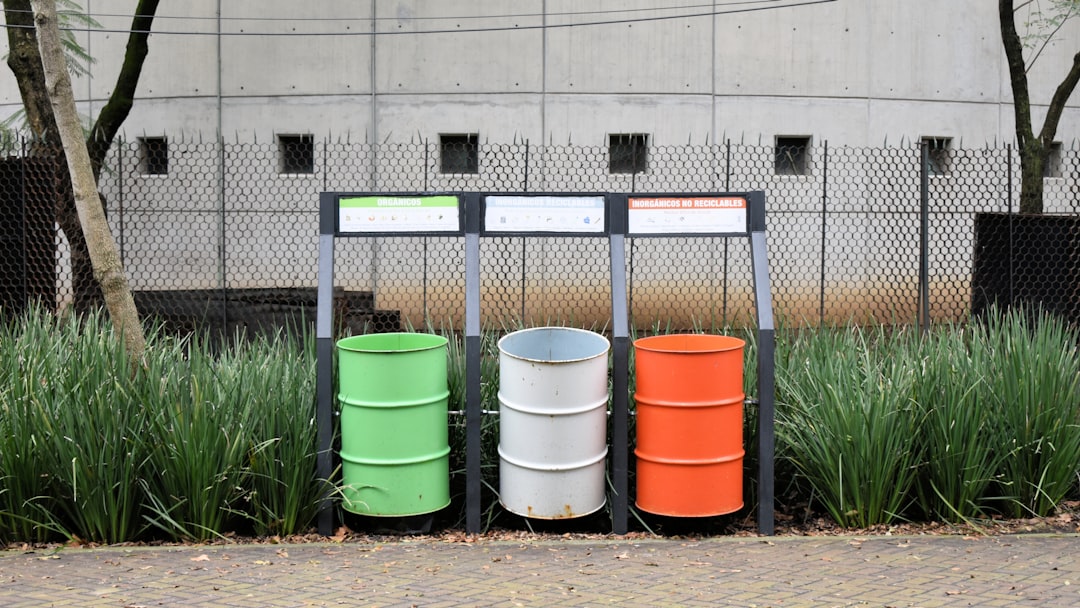Composting Toilets in Dallas: Professional Guide
Construction Costs Dallas
Price source: Costs shown are derived from our proprietary U.S. construction cost database (updated continuously from contractor/bid/pricing inputs and normalization rules).
Eva Steinmetzer-Shaw
Head of Marketing
Composting Toilets in Dallas: A Guide for Construction Professionals
Composting toilets are becoming a popular choice for sustainable bathroom remodels in Dallas. With installation costs ranging from $1,600 to $6,000 per unit, these systems offer an eco-friendly alternative to traditional plumbing. CountBricks provides construction professionals with accurate estimates, real-time pricing, and streamlined project management tools to ensure successful installations.
Why Composting Toilets Are Gaining Popularity in Dallas
Energy Efficiency: As energy codes tighten, homeowners seek fixtures that conserve water and electricity.
Soil Challenges: North Texas clay complicates septic expansions, making composting toilets a practical solution.
ADUs and Guest Houses: Composting toilets reduce trenching costs for accessory dwelling units.
Sustainability Goals: Clients aim to lower water bills and carbon footprints while increasing property value.
Benefits for Residential Contractors
- Reduced utility tie-in costs compared to sewer extensions
- Minimal excavation preserves landscaping
- Faster inspections due to limited plumbing penetrations
- Opportunities to upsell green packages and smart home monitoring
Cost Breakdown for Composting Toilet Installations
CountBricks provides live material pricing, labor rates, and permit fees for Dallas. Typical costs include:
- Unit procurement: Composting toilet system, vent stack, finishing kits
- Carpentry modifications: Flooring reinforcement, framing, trim
- Electrical rough-in: Dedicated circuit for ventilation fan
- Vent flashing and roof penetration
- Finishes and touch-up painting
- Debris haul-off: Old toilet, flange, waste line
- Final commissioning and homeowner training
Real-Time Cost Updates with CountBricks
CountBricks connects to Dallas-area supplier APIs, ensuring cost line items update automatically with market changes.
Installation Process for Residential Projects
- Voice kickoff: Convert project scope into a structured estimate quickly.
- Blueprint takeoff: AI quantifies materials from plans.
- Code compliance check: Ensures adherence to Dallas codes.
- Instant proposal: Generate branded PDF quotes for clients.
- Construction tracking: Update progress with real-time voice notes.
- Invoice generation: Convert tasks into final invoices with ease.
Pro Tips for Dallas Contractors
- Choose units rated for hot climates to handle Dallas summers.
- Locate vent stacks on south-facing slopes for better thermal draft.
- Use stainless fasteners to prevent corrosion.
- Offer service plans for maintenance scheduling.
- Educate homeowners on compost curing cycles.
Avoiding Common Pitfalls with CountBricks
Structural Tweaks: Older homes may need reinforcement. CountBricks flags weak points.
Ventilation Alignment: Precise routing prevents costly repairs.
Permit Delays: Auto-filled forms save time on paperwork.
Case Study: Lake Highlands Guest Suite
A contractor used CountBricks to propose a composting toilet, saving 56% on plumbing costs and reducing the schedule by two weeks. The AI-generated quote closed in 24 hours, with minimal variance from the final invoice.
Get Started with CountBricks
Visit CountBricks.com to create a free account and streamline your next composting project.
Material Choices for Composting Projects in Dallas
Dallas's climate demands durable materials. CountBricks sources data to recommend components suited for local conditions.
Recommended Components
- High-density polyethylene toilet bodies resist UV damage.
- Dual-speed brushless fans reduce power usage.
- R-8 insulated vent pipes prevent condensation.
Efficient Installation Sequencing
- Pre-fabricate vent assemblies to minimize roof time.
- Rough-in electrical with framing adjustments.
- Dry-fit toilet bases before flooring installation.
- Schedule inspections and drywall close-up on the same day.
CountBricks Analytics: Counting the Savings
CountBricks reports an average labor reduction of 11.4 hours per installation, saving $740 at prevailing rates. Avoided sewer fees can reduce project costs by 35-60%.
Portfolio Highlights
- M-Street Tudor retrofit: Saved 900 gallons of water annually.
- Bishop Arts micro-loft: Added a bath without trenching.
- Frisco new build: Standardized specs across 14 eco-homes.
Next Steps
Create your profile at CountBricks.com to view detailed breakdowns or schedule a demo.

